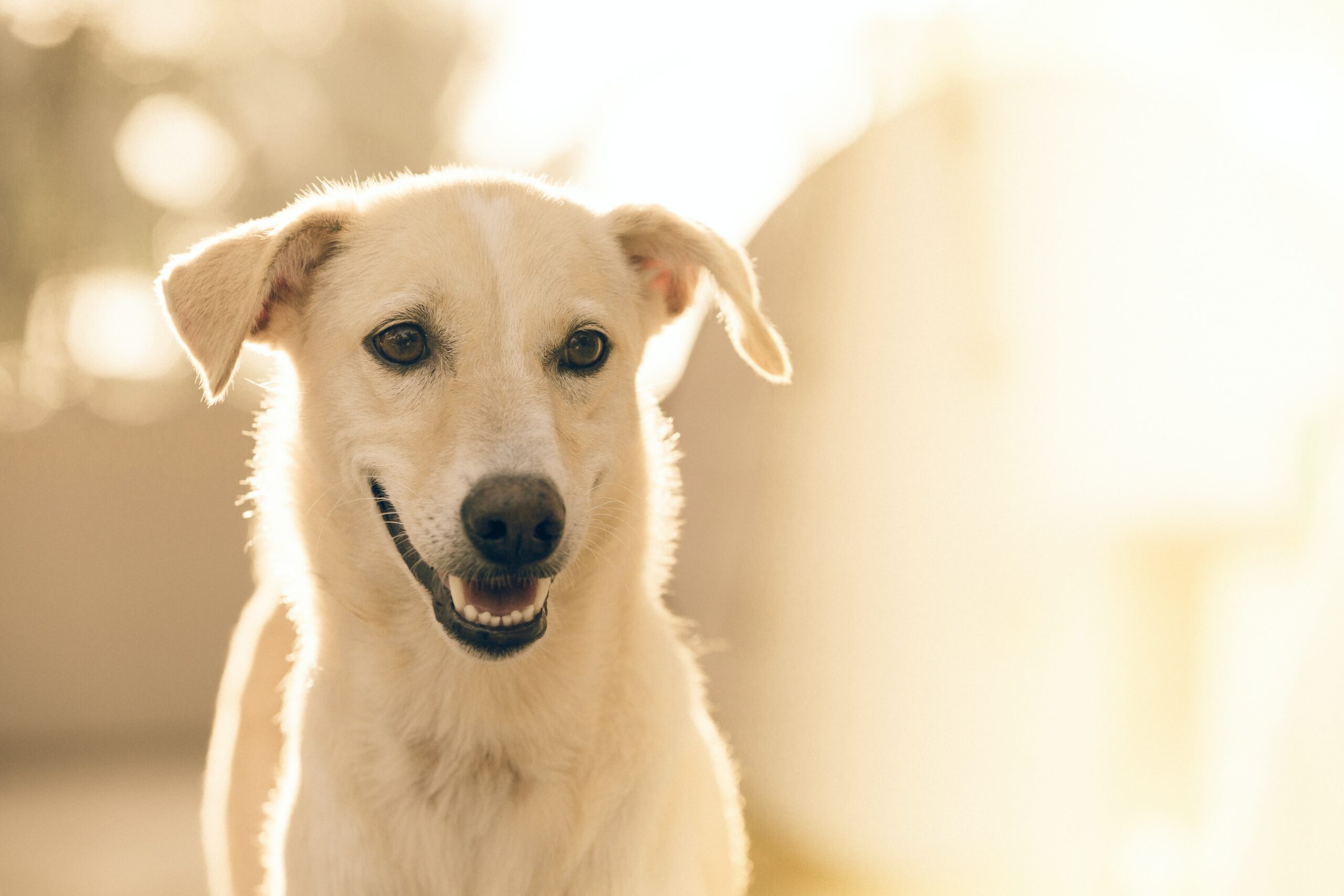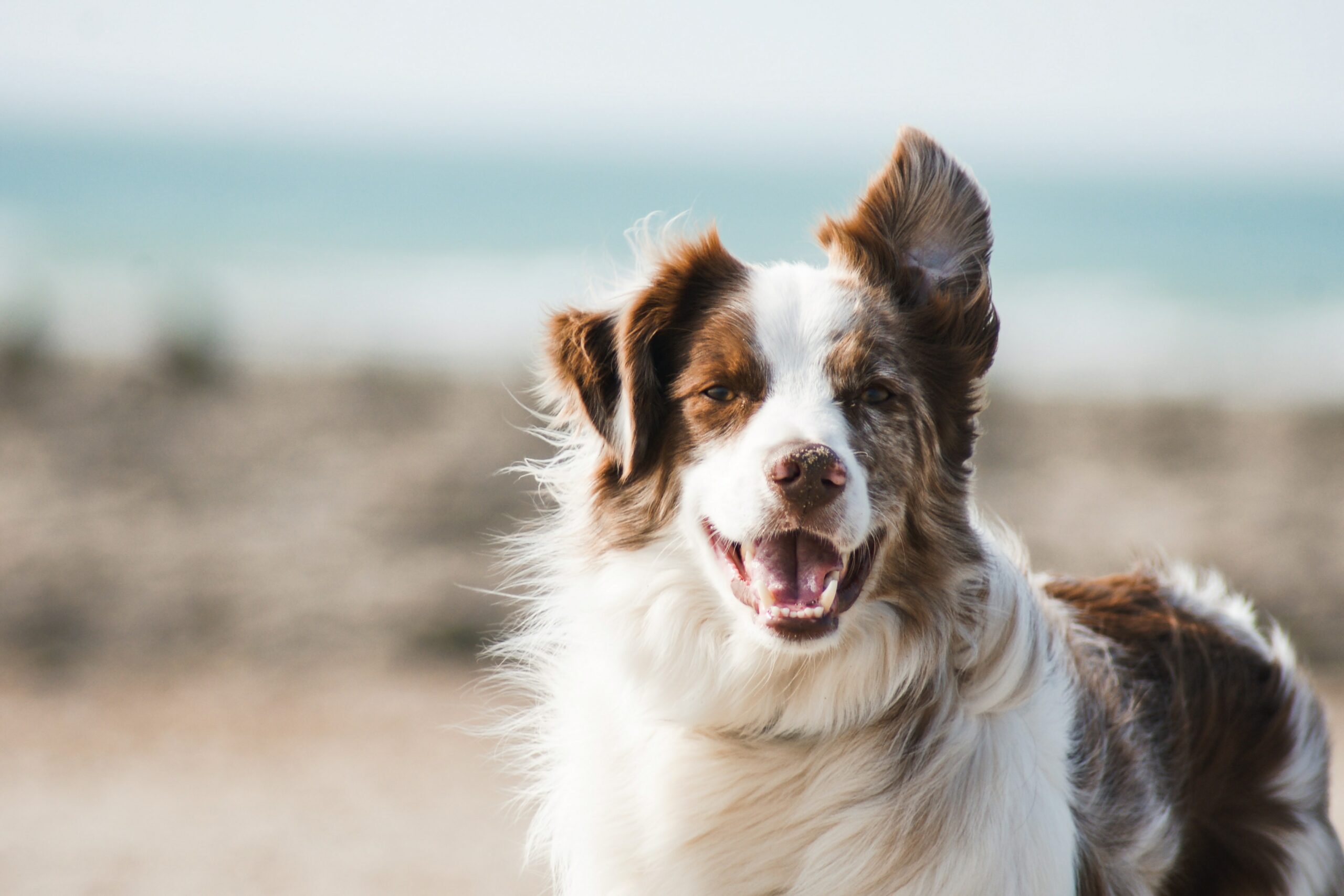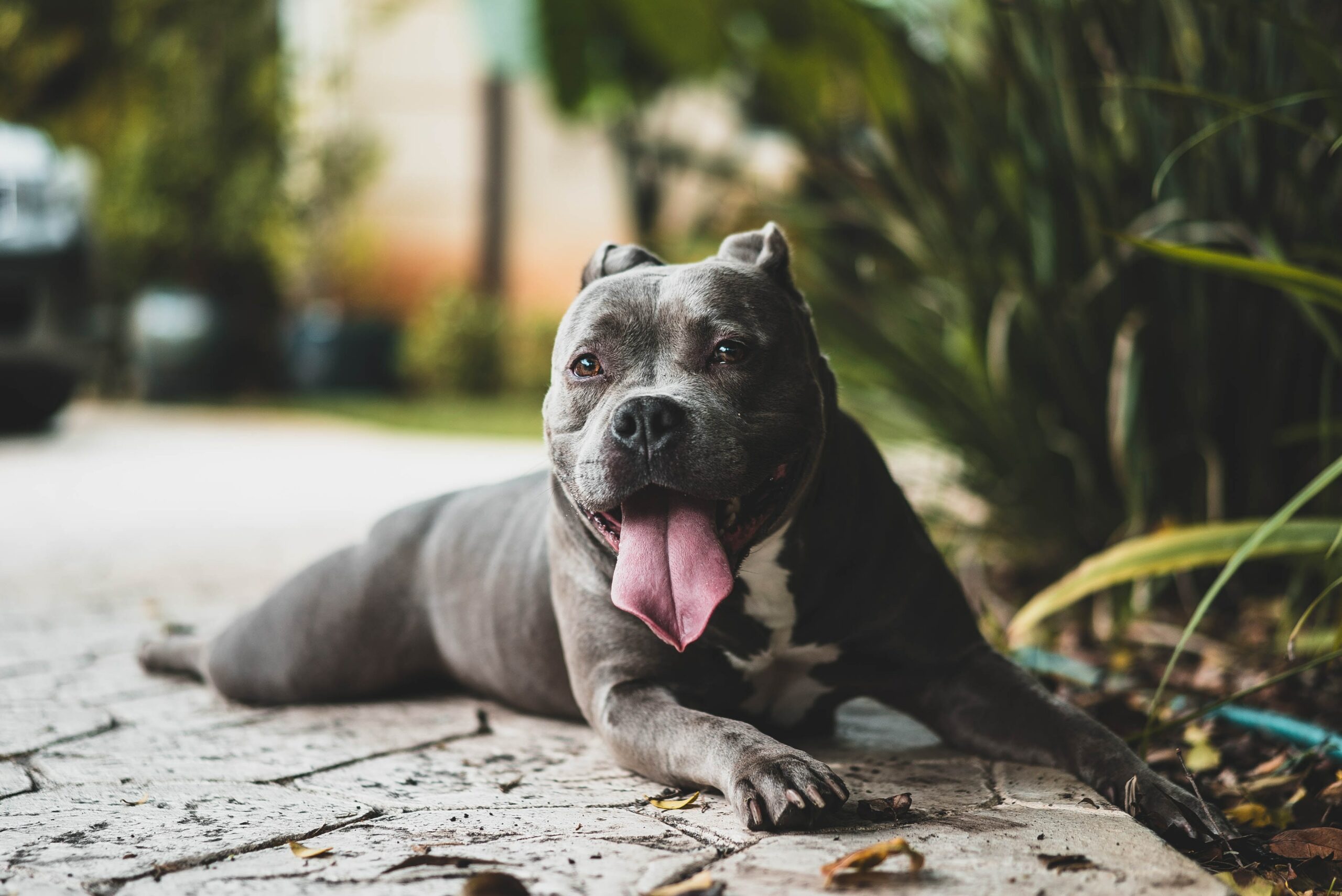Why Vaccinating Your Dog Against Rabies is Non-Negotiable
The article explores the consequences of not vaccinating dogs against rabies, including the fatal impact on humans and pets, the correlation between mistrust in human and dog vaccines, vaccination guidelines and tailored protocols, concerns and success in changing minds regarding dog vaccination, and the importance of vaccinating dogs against rabies to prevent the spread of this fatal disease.
Rabies and Its Impact on Humans and Pets
Rabies is a highly concerning viral disease that poses a significant threat to both humans and animals. It can affect all mammals, including humans, and once symptoms appear, it is almost always fatal. It is important to not skip your pet’s rabies vaccine to protect them from this deadly disease. Understanding the gravity of the disease is crucial, especially considering that exposure to rabid animals is the primary cause of human rabies, leading to thousands of reported cases in the US alone.
The impact of not vaccinating pets against rabies can be severe, as they may face fines, quarantines, and even euthanasia in certain situations. This not only creates emotional distress for pet owners but also places a significant financial burden on them. Additionally, it’s important to note that even indoor pets are at risk of contracting rabies if not vaccinated, and unvaccinated animals can face the same dire consequences if they happen to bite someone. These potential consequences highlight the critical importance of ensuring that pets are vaccinated against rabies. The rabies vaccination serves as a simple yet effective form of preventive insurance against a potentially lethal disease, safeguarding both the animals and the humans they come in contact with.
An example of the seriousness of rabies and the consequences of not vaccinating pets can be seen in a scenario where an unvaccinated dog bites a neighbor or a visitor. This could result in the dog being quarantined or even euthanized, causing immense distress for the pet owner and potential legal implications. This underscores the need for pet owners to prioritize the rabies vaccination for the safety and well-being of their pets, as well as the broader community.
Correlation Between Mistrust in Human and Dog Vaccines
The correlation between mistrust in human and dog vaccines among US dog owners underscores the interconnectedness of public attitudes toward human and animal health interventions. For instance, individuals who harbor negative views about human vaccines are more likely to exhibit similar beliefs about vaccinating their dogs. This correlation highlights the influence of general vaccine attitudes on pet vaccination decisions and emphasizes the need for comprehensive education and awareness campaigns to address misconceptions and fears surrounding both human and dog vaccinations.
Moreover, the impact of negative views on vaccinating dogs being linked with negative views on human vaccines signals the need for a unified approach to public health communication. For example, individuals who question the safety or efficacy of human vaccines may also extend these doubts to canine vaccinations, thereby impacting the overall vaccination rates in the population. This emphasizes the crucial role of healthcare authorities and veterinary professionals in addressing vaccine hesitancy, not only in the context of human health but also in the domain of pet care. By recognizing the correlation between the mistrust in human and dog vaccines, efforts can be directed towards creating unified messaging and educational initiatives that address concerns, dispel myths, and promote the benefits of vaccination for both humans and their canine companions.
Vaccination Guidelines and Tailored Protocols
Having access to published vaccination guidelines for dogs and cats is crucial as it allows for tailored vaccination protocols based on individual pet needs and risk factors. For example, some pets might have specific health conditions or may be more exposed to certain diseases due to their lifestyle or environment. By following these guidelines, veterinarians can create a customized vaccination plan for each pet, ensuring they receive the most effective and necessary protection against preventable diseases. This tailored approach not only optimizes the health and well-being of pets but also promotes responsible pet ownership by addressing their unique requirements.
Moreover, the recommendations for initial vaccination and revaccination for both core and noncore vaccines play a vital role in safeguarding the health of dogs and cats. For instance, core vaccines protect against severe, life-threatening diseases, while noncore vaccines are tailored to the specific lifestyle and risk factors of individual animals. By adhering to these recommendations, pet owners can rest assured that their beloved companions are shielded from a wide range of infectious diseases, thereby contributing to their longevity and quality of life. Additionally, these vaccination guidelines provide a comprehensive framework for veterinarians to communicate with pet owners, ensuring they understand the necessity and benefits of each vaccine, thus fostering greater compliance with vaccination protocols.
Furthermore, the availability of options for immunizing dogs significantly overdue for scheduled vaccine appointments is a crucial aspect of vaccination guidelines. For example, life events or unforeseen circumstances can sometimes lead to pet owners missing essential vaccination dates. However, having alternative solutions in place ensures that pets can still receive necessary protection even if they are significantly overdue for their vaccines. This flexibility not only addresses the concerns of pet owners who may have missed appointments but also serves as a safety net for ensuring the continued well-being of pets, regardless of any missed opportunities for vaccination.
Concerns and Success in Changing Minds Regarding Dog Vaccination
One of the top concerns for veterinarians when it comes to dog and cat vaccinations is the occurrence of anaphylaxis, soreness at the injection site, and client resistance. Anaphylaxis, although rare, is a severe allergic reaction that can occur after vaccination, making it a legitimate concern for pet owners and veterinarians alike. Soreness at the injection site is another common concern, as it can lead to discomfort for the animal, affecting their overall well-being. Moreover, client resistance poses a significant challenge for veterinarians, as it affects the successful implementation of vaccination protocols, potentially putting pets at risk of preventable diseases.
Similarly, dog owners who are hesitant or resistant to vaccinations express various concerns that influence their decision-making process. These concerns include the belief that vaccinations are unnecessary, the fear that they can lead to chronic or severe illness in their pets, and the financial cost associated with vaccinations. These beliefs underscore the need for targeted education and communication strategies to address the misinformation and misconceptions that contribute to vaccine hesitancy among dog owners. By understanding and addressing these concerns, veterinarians can effectively engage with pet owners, providing them with the necessary information to make informed decisions about their pets’ health.
Moreover, the impact of the anti-vaxx movement on the attitudes and behaviors of clients regarding the vaccination of their dogs and cats cannot be overlooked. The movement has influenced the perceptions of pet owners, leading to increased vaccine hesitancy and resistance. However, veterinarians have had varying degrees of success in changing the minds of dog and cat owners, particularly regarding rabies vaccines and other core vaccines. This highlights the importance of open communication, trust-building, and the provision of accurate information by veterinarians to address the concerns and misconceptions fueled by the anti-vaxx movement, ultimately promoting the health and well-being of pets.
Importance of Vaccinating Dogs Against Rabies
Rabies vaccination for dogs is an essential measure to safeguard the health and safety of both animals and humans. By vaccinating dogs against rabies, pet owners play a crucial role in preventing the transmission of this fatal disease to other animals and people. For example, consider a scenario where an unvaccinated dog encounters a rabid animal such as a raccoon, leading to a potential spread of the virus to the dog and subsequently posing a risk to humans who come into contact with the infected pet. This illustrates the direct impact of canine rabies vaccination on preventing the escalation of rabies within the community, highlighting the interconnectedness of human and animal health.
Additionally, the consequences of not vaccinating dogs against rabies can be severe, both for the pets and their owners. In many regions, unvaccinated pets can face fines, quarantines, and even euthanasia in certain situations, presenting emotional and financial hardships for pet owners. These consequences underscore the responsibility that comes with pet ownership, emphasizing the need for proactive measures to protect the well-being of pets and the community at large. Therefore, it is imperative for dog owners to prioritize rabies vaccination as part of their commitment to responsible pet ownership, thereby contributing to the overall public health and safety.




